My guest is Michael Barticel, the host of the Good People Effect podcast.


Hear my conversation with Michael on his podcast HERE.
Listen now with the AUDIO PLAYER:
Podcast: Play in new window | Download (Duration: 47:20 — 66.2MB) | Embed
Subscribe to Spark My Muse Apple Podcasts | Spotify | Email | TuneIn | RSS | Subscribe to Spark My Muse
• There is MORE for this episode like images of the illuminated manuscripts of the Lindisfarne gospels! Support the program with $1 and unlock a weekly Access Pass now, right HERE.
Consider a contribution of any-sized gift to help keep the program running.
Listen to a recent episode:
• Make it possible for Spark My Muse to thrive. Help in these two ways:
1. Share the program with another person today.
2. Leave a Rating/ Write a Review on iTunes HERE.
Don’t forget to pick an option that is best for you below:

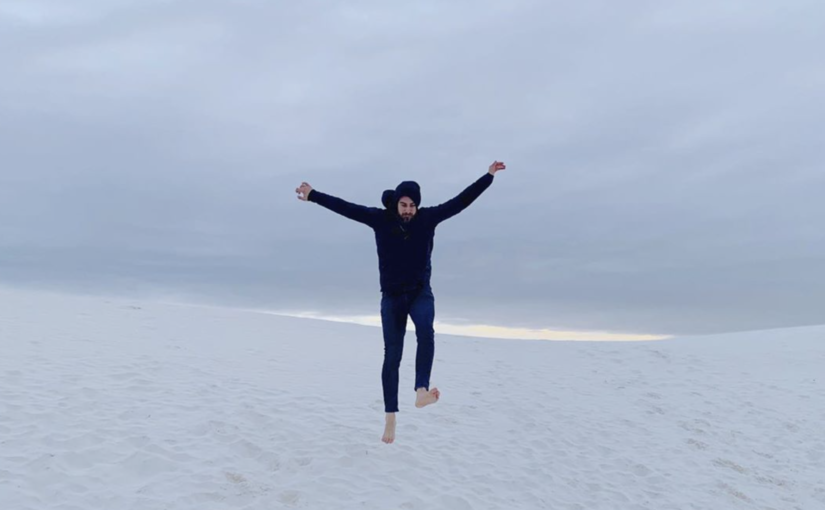
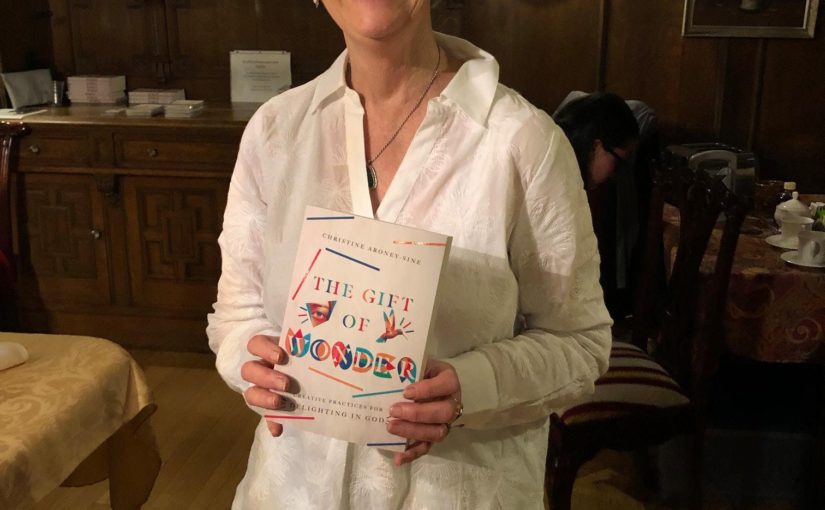
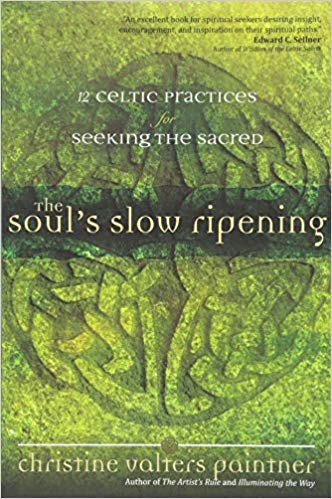
 Christine is a poet, mystic, author, and retreat host among other things.
These are the two books we converse about in the program:
Christine is a poet, mystic, author, and retreat host among other things.
These are the two books we converse about in the program:
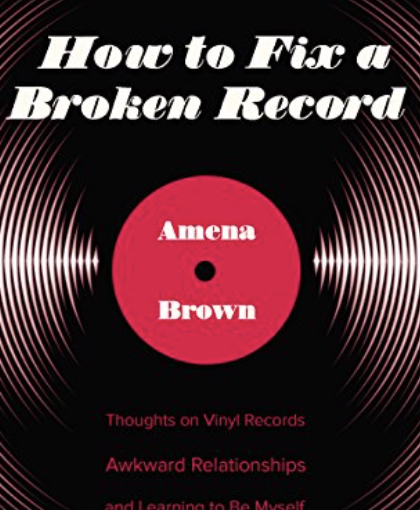
 Amena is a poet, speaker, author, podcaster, and event host.
Today we will discus her work and her book: How to Fix a Broken Record: Thoughts on Vinyl Records, Awkward Relationships, and Learning to Be Myself
(DJ Opdiggy’s music is featured in this episode.)
Amena is a poet, speaker, author, podcaster, and event host.
Today we will discus her work and her book: How to Fix a Broken Record: Thoughts on Vinyl Records, Awkward Relationships, and Learning to Be Myself
(DJ Opdiggy’s music is featured in this episode.)
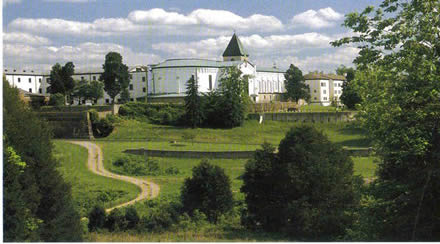
 Cassidy Hall is a talented writer, filmmaker, photographer, one of the co-host on the Encountering Silence podcast, she has a master’s degree in counseling and— she is currently working on a Master’s of Divinity, at Christian Theological Seminary in Indiana
Cassidy Hall is a talented writer, filmmaker, photographer, one of the co-host on the Encountering Silence podcast, she has a master’s degree in counseling and— she is currently working on a Master’s of Divinity, at Christian Theological Seminary in Indiana